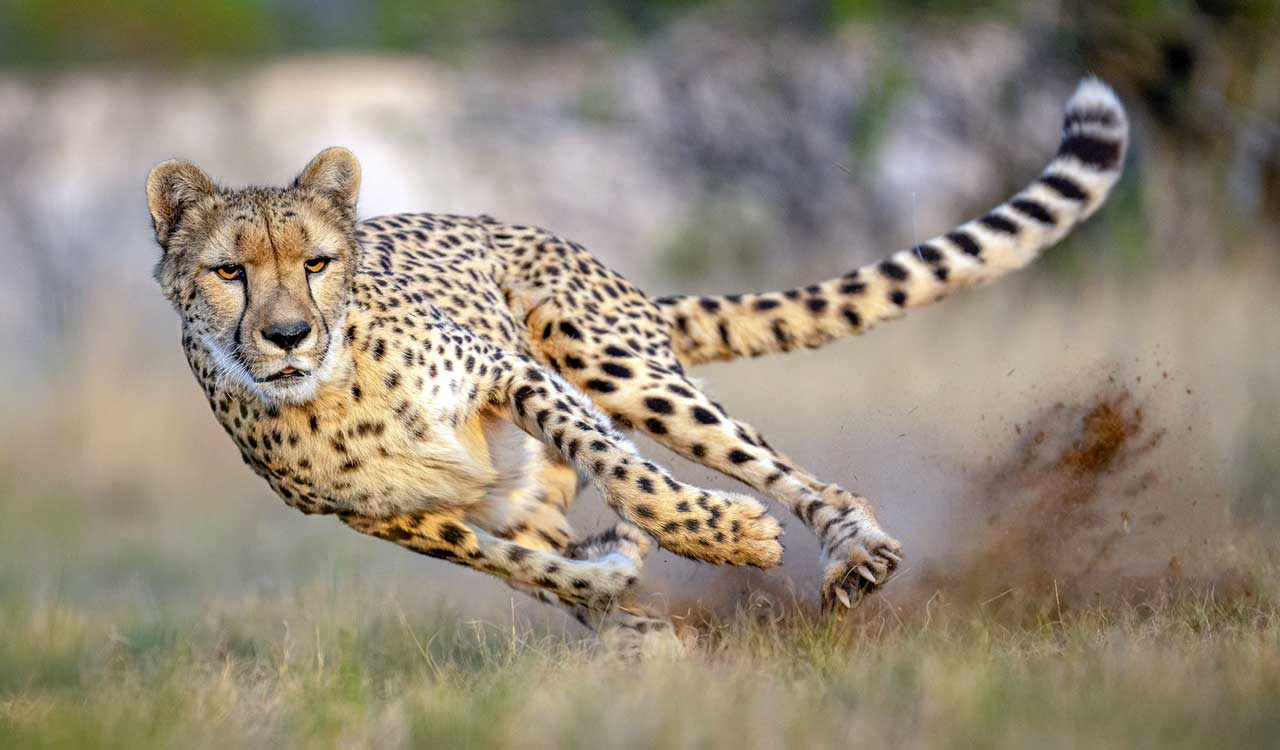All you need to know about the ‘Omicron’ Covid variant
The new variant B 1.1. 529, which was designated as a ‘Variant of Concern’ by World Health Organisation on Friday night, has been assigned the name Omicron. Reported by public health officials of South Africa, the new variant has triggered a lot of concern worldwide over a probable resurgence of Covid infections. While many new […]
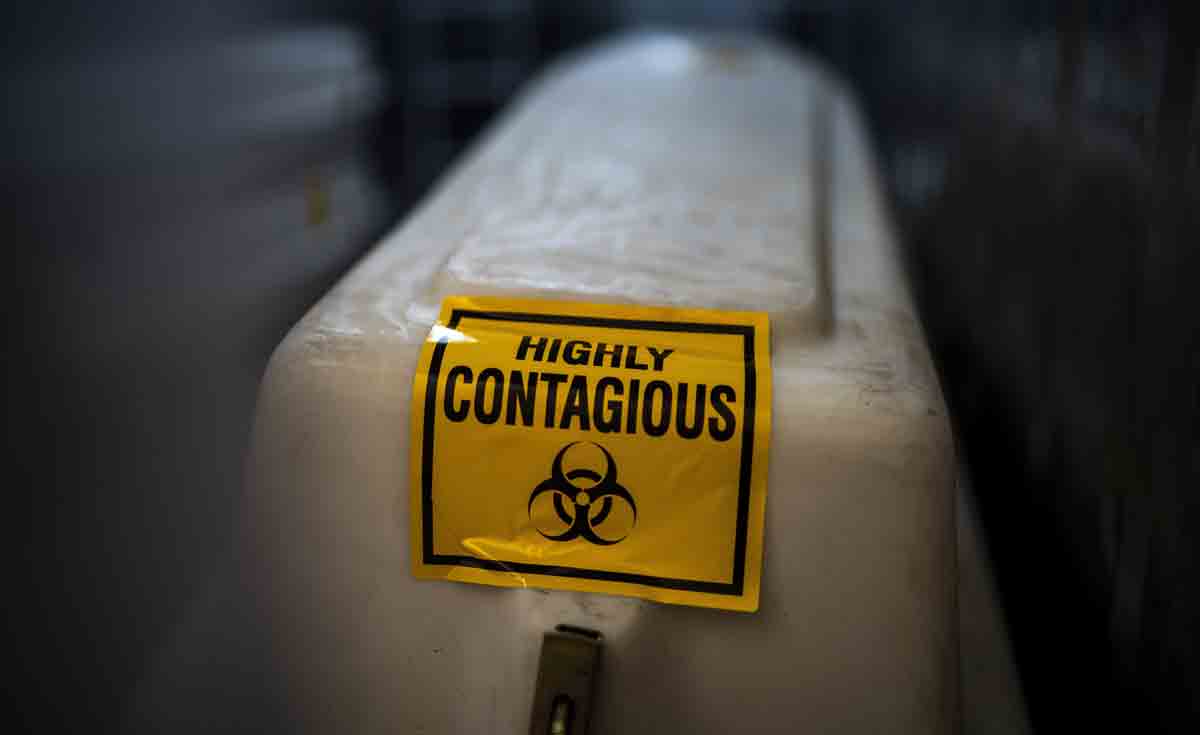
The new variant B 1.1. 529, which was designated as a ‘Variant of Concern’ by World Health Organisation on Friday night, has been assigned the name Omicron. Reported by public health officials of South Africa, the new variant has triggered a lot of concern worldwide over a probable resurgence of Covid infections. While many new variants of SARS-CoV-2 were reported in the last few months, the B1.1.529 or Omicron unfortunately has attracted lot of interest.
Here are the most important questions related to the new variant that one must pay attention to: –
How many countries have reported this virus and how many cases have been reported so far?
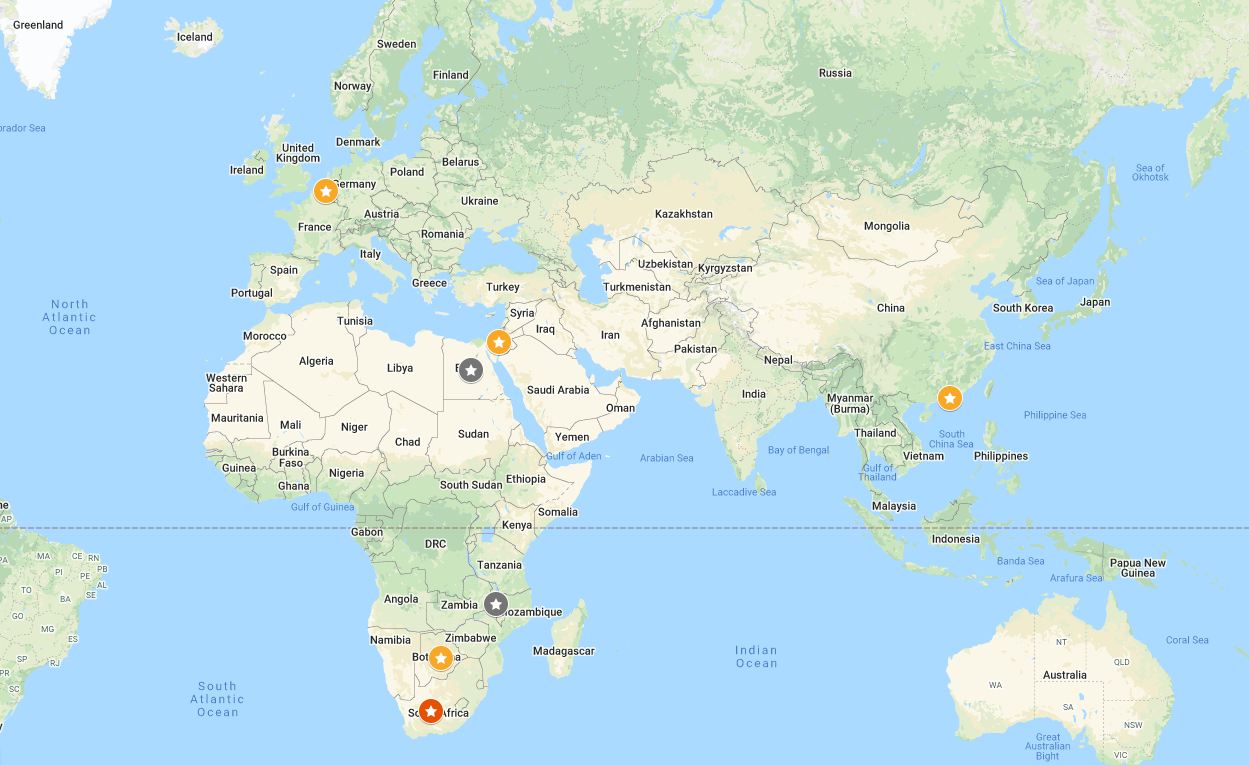
So far, Covid infections due to Omicron variant have been reported in South Africa (77 cases), Botswana (4 cases), Hong Kong (2 cases) and 1 each in Belgium and Israel.
Track the latest numbers here:
https://newsnodes.com/nu_tracker
How fast it can spread?
The new variant B 1.1.529 appears to be faster than the existing dominant Delta variant. For instance, in less than 2 weeks, it has become a dominant variant of all infections in South Africa, out-competing the Delta variant. The Delta variant was already devastating in South Africa.
Everything we know so far on the new B.1.1.529 variant, for which there is an emergency @WHO meeting to reviewhttps://t.co/TmxGBi6IEv @nature by @ewencallaway @naturehttps://t.co/r9kHwg2zjWhttps://t.co/tBEct7F8M7 🧵by @jburnmurdoch @FT pic.twitter.com/fe5pkIpqnW
— Eric Topol (@EricTopol) November 25, 2021
How protected are those who have taken the vaccines?
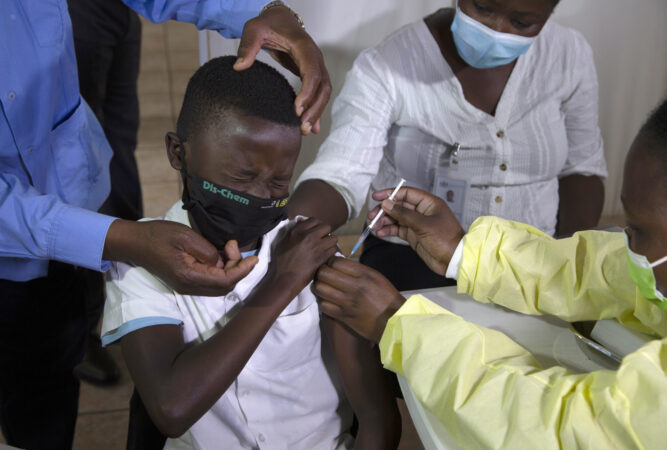
Reports have indicated that many persons who tested positive for B 1.1.529 in South Africa and other countries were fully vaccinated and some even had received booster doses. Scientists are worried that the new variant might bypass the current vaccines against Covid-19. The B.1.1.529 variant has 50 mutations overall, including more than 30 on the spike protein alone which is the target of most current Covid vaccines. However, a clearer picture will emerge in the coming days, as researchers don’t yet know the clear implications of the new variant on vaccines and boosters.
Why you should be worried about the new variant of coronavirus?
According to MOHFW, the new variant is reported to have a significantly high number of mutations, and thus has serious public health implications.
How different it is from the original virus?
The B1.1.529 has more than 2 times the number of bad spike mutations than the Delta variant. The new variant has an extremely high 32 worrisome mutations in the spike protein, which is a real concern than the Delta variant.
Every few months, we hear about anew variant
— Ashish K. Jha (@ashishkjha) November 26, 2021
Most turn out to not be much
Well, unfortunately, there's a new variant B.1.1.529 that is concerning
What do we know so far? A few things but not a lot
Reminder: when it comes to variants, we focus on three things
Short thread
How rapidly it spreads?
Based on reports from South Africa, the B1.1.529 has become the dominant strain. It appears to be faster than the existing dominant Delta variant. For instance, in less than 2 weeks, it has become a dominant variant of all infections in South Africa
What impact will it have on travel? How many countries have imposed restrictions on air travel?
Countries like United Kingdom has imposed travel restrictions on African countries over concerns that vaccines may be less effective against the variant. Germany, Italy, Israel, Japan, Kenya and Singapore have also restricted travel. The European Union has called its member states to halt travel to and from nations where the new variant has been reported.
What is India doing about the new virus?
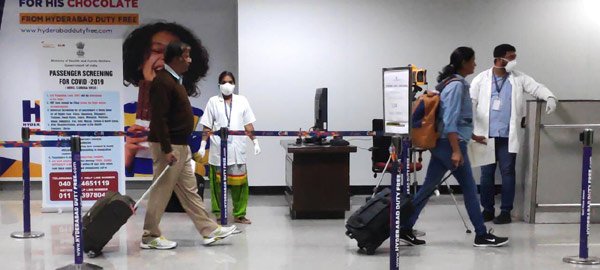
Concerned with the development of new variants, the Ministry of Health and Family Welfare (MOHFW) has directed Indian States to strengthen surveillance activities across all airports. States have started tracking travellers flying-in from countries where the infections due to the new variant have been reported.
What is the stand of WHO on the B1.1.529?
Following the detection of the new variant, the WHO technical advisory group on SARS-CoV-2 virus evolution is expected to meet to review what’s known and plan further studies. Meanwhile, we need to focus on strengthening vaccination coverage and public health measures. Let’s be cautious, listen to scientists & not panic, WHO, Chief Scientist, Soumya Swaminathan said.
The @WHO technical advisory group on #SARSCoV2 virus evolution will meet today to review what's known and plan further studies. Meanwhile, we need to focus on strengthening vaccination coverage and public health measures. Let's be cautious, listen to scientists & not panic. https://t.co/Kvq6oxZWG3
— Soumya Swaminathan (@doctorsoumya) November 26, 2021
Infectious Disease Epidemiologist; COVID-19 Technical Lead at WHO, Maria Van Kerkhove urged everyone out there not to discriminate against countries that share their findings on new variants openly. I thank researchers from South Africa and Botswana for sharing information with WHO and world about B.1.1.529 variant that has been recently detected. We will convene our TAG-VE again today to discuss the issue.
I thank researchers from 🇿🇦 and 🇧🇼 for sharing information with @WHO & the world about B.1.1.529 variant that has been recently detected. We will convene our TAG-VE again today to discuss
— Maria Van Kerkhove (@mvankerkhove) November 26, 2021
Everyone out there: do not discriminate against countries that share their findings openly https://t.co/T9wV2wLUWm
Now you can get handpicked stories from Telangana Today on Telegram everyday. Click the link to subscribe.
Click to follow Telangana Today Facebook page and Twitter .
Related News
-
Five scribes held for threatening and extortion in Adilabad
36 mins ago -
Kancha Gachibowli to Sharada Peetham: Repeated flip-flops expose Congress Govt’s inefficiency
42 mins ago -
Focus on preventive policing, DGP tells Khammam cops
49 mins ago -
Elderly woman, youngster killed on the spot as bike crashes into tree in Adilabad
55 mins ago -
Karimnagar faces drinking water concerns as Lower Manair Dam water levels fall
1 hour ago -
Maoist leader Mallojula Venugopal Rao visits home in Peddapalli after 44 years
1 hour ago -
Sridhar Babu says lack of clarity caused Sharada Peetham land issue
1 hour ago -
Baja SaeIndia 2026 competitions conclude successfully at BVRIT
2 hours ago

